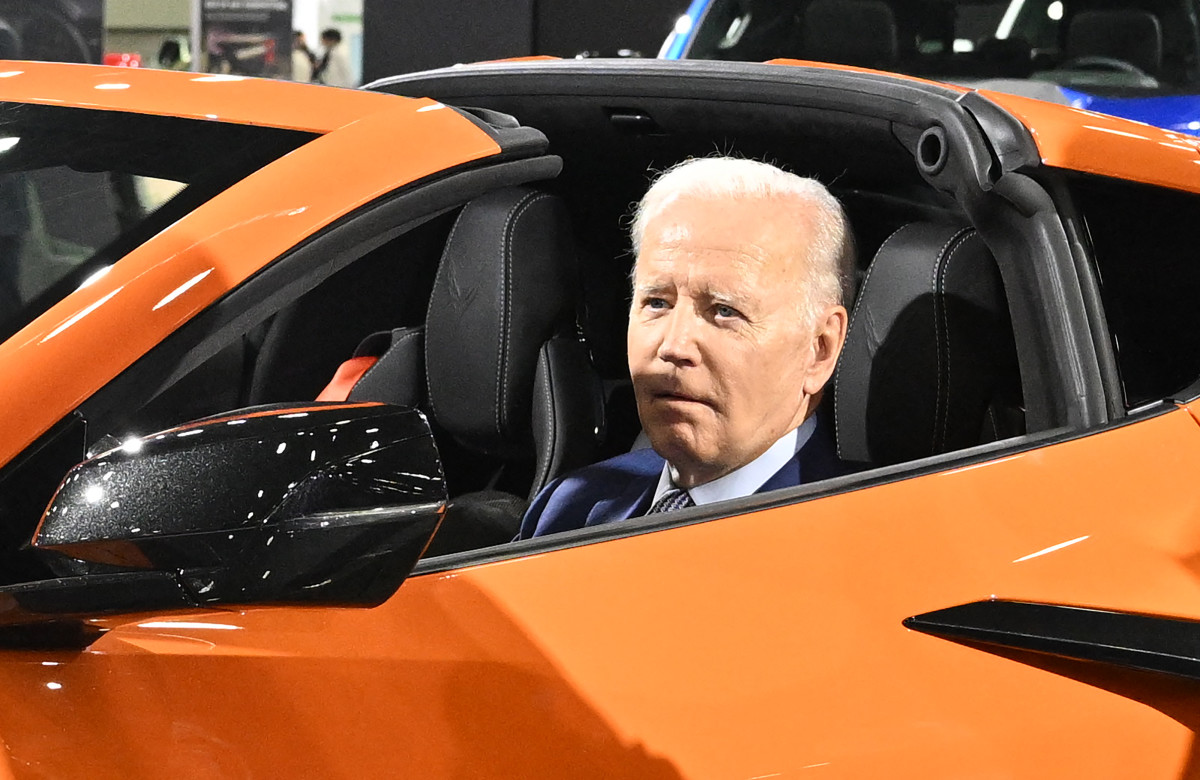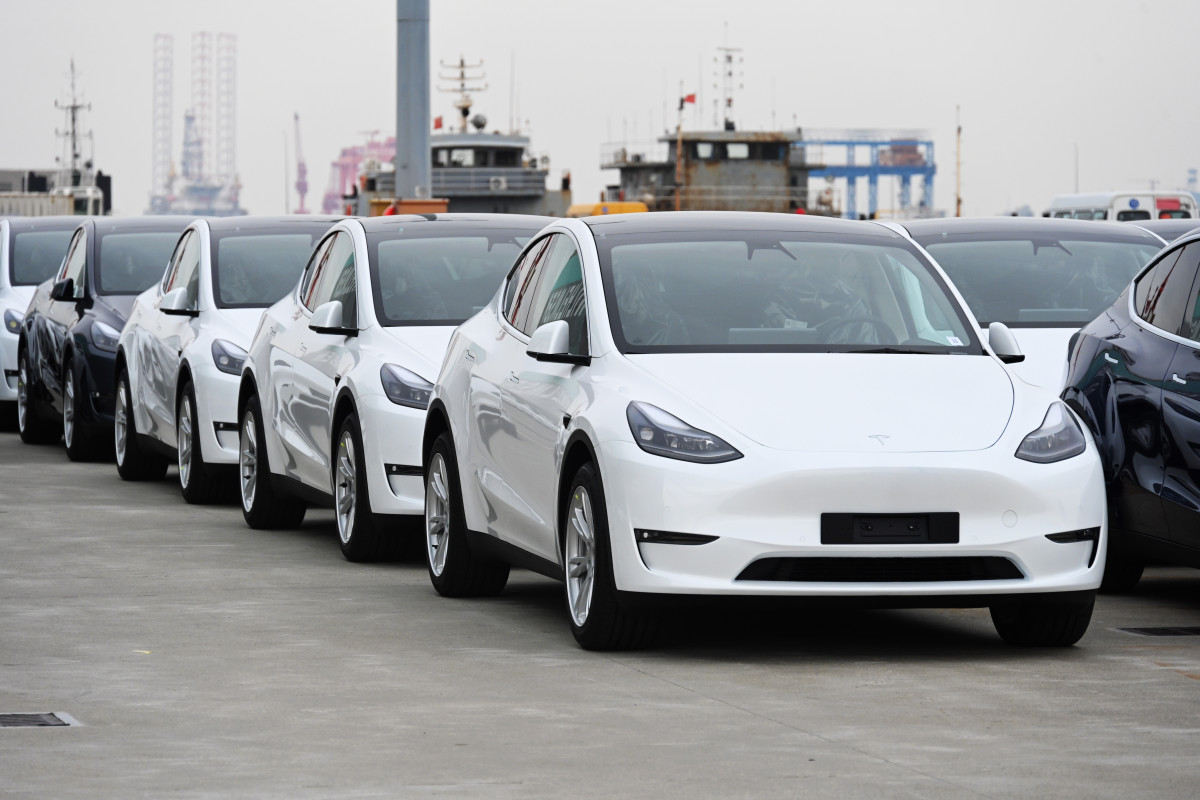
The Biden administration is awarding $623 million in grants to local governments to accelerate the construction of an electric vehicle charging network across the country.
The grants the administration announced Thursday — funded by the Infrastructure Law's grant program — will fund 47 EV charging and alternate-fueling infrastructure projects across 22 states and Puerto Rico, officials said. This includes the construction of around 7,500 EV charging ports.
The announcement, officials said, is a step toward the administration's goal of having at least 500,000 publicly available EV chargers by 2030.
Related: Here's the full story behind electric vehicle adoption
“America led the arrival of the automotive era, and now we have a chance to lead the world in the EV revolution — securing jobs, savings, and benefits for Americans in the process,” U.S. Transportation Secretary Pete Buttigieg said in a statement. “This funding will help ensure that EV chargers are accessible, reliable, and convenient for American drivers, while creating jobs in charger manufacturing, installation, and maintenance for American workers.”
President Joe Biden in 2021 signed the infrastructure law, which supports $7.5 billion in funding to spark the construction of that EV charging network — so far, only stations in New York and Ohio have opened under the National Electric Vehicle Infrastructure program, with dozens of other states looking to catch up.
The push comes amid the administration's goal to ensure EV sales make up half of all new car sales by 2030; the administration has further proposed additional regulations that would boost that number to two-thirds of all new car sales as soon as 2032.
Growth would need to accelerate quickly to meet these goals; EVs took a 7.6% share of the U.S. car market in 2023, according to Cox Automotive, up from 5.9% in 2022.
Related: New report highlights a major speedbump to mass electric vehicle adoption
Why infrastructure matters for the EV transition
In the wake of a year that saw waning consumer interest in EVs amid stubbornly higher prices, charging infrastructure remains a significant hurdle to Biden achieving his EV sales goals.
A coalition of U.S. car dealers in November sent a public letter to Biden asking his administration to slow down its proposed regulations, saying that the consumer just isn't there yet.
Several of these dealers told TheStreet in December that the current lack of charging infrastructure is contributing strongly to customers' range anxiety, and until range, charging and price are solved satisfactorily, the masses won't be ready to make the shift to all-electric.
These dealers noted extreme difficulties in selling EVs to suddenly wary customers.
Roughly 75% of respondents to an April survey from The Associated Press-NORC Center for Public Affairs Research and the Energy Policy Institute at the University of Chicago said that a current lack of charging stations is a barrier to going all-electric. About half of the respondents called it a major reason.

Funding of $311 million will go to 36 community projects, which are investing in either EV charging or hydrogen fueling infrastructure, and $312 million will go to 11 recipients whose projects are located along roadways.
More than 70% of the funding will support projects in disadvantaged communities, officials said.
“From my time working at the local level, I know that finding electric vehicle charging in a community is different from finding charging along highways,” said U.S. Transportation Deputy Secretary Polly Trottenberg. “USDOT is proud to make an investment that will provide Americans with convenient, straightforward charging options in their communities.”
Contact Ian with tips via email, ian.krietzberg@thearenagroup.net, or Signal 732-804-1223.
Related: Upgraded version of one of Tesla's most popular models is now available in the U.S.
Get exclusive access to portfolio managers’ stock picks and proven investing strategies with Real Money Pro. Get started now.







